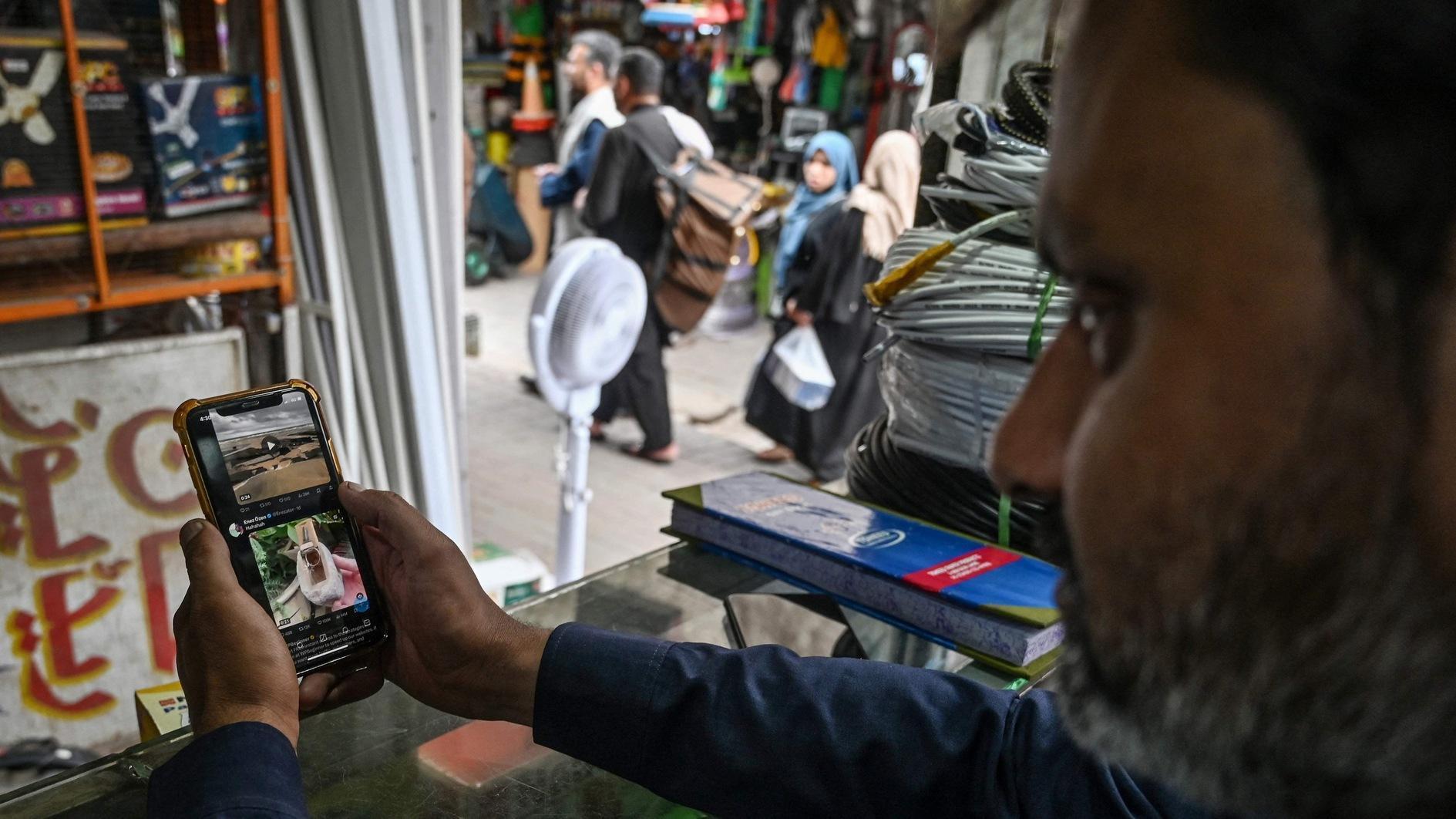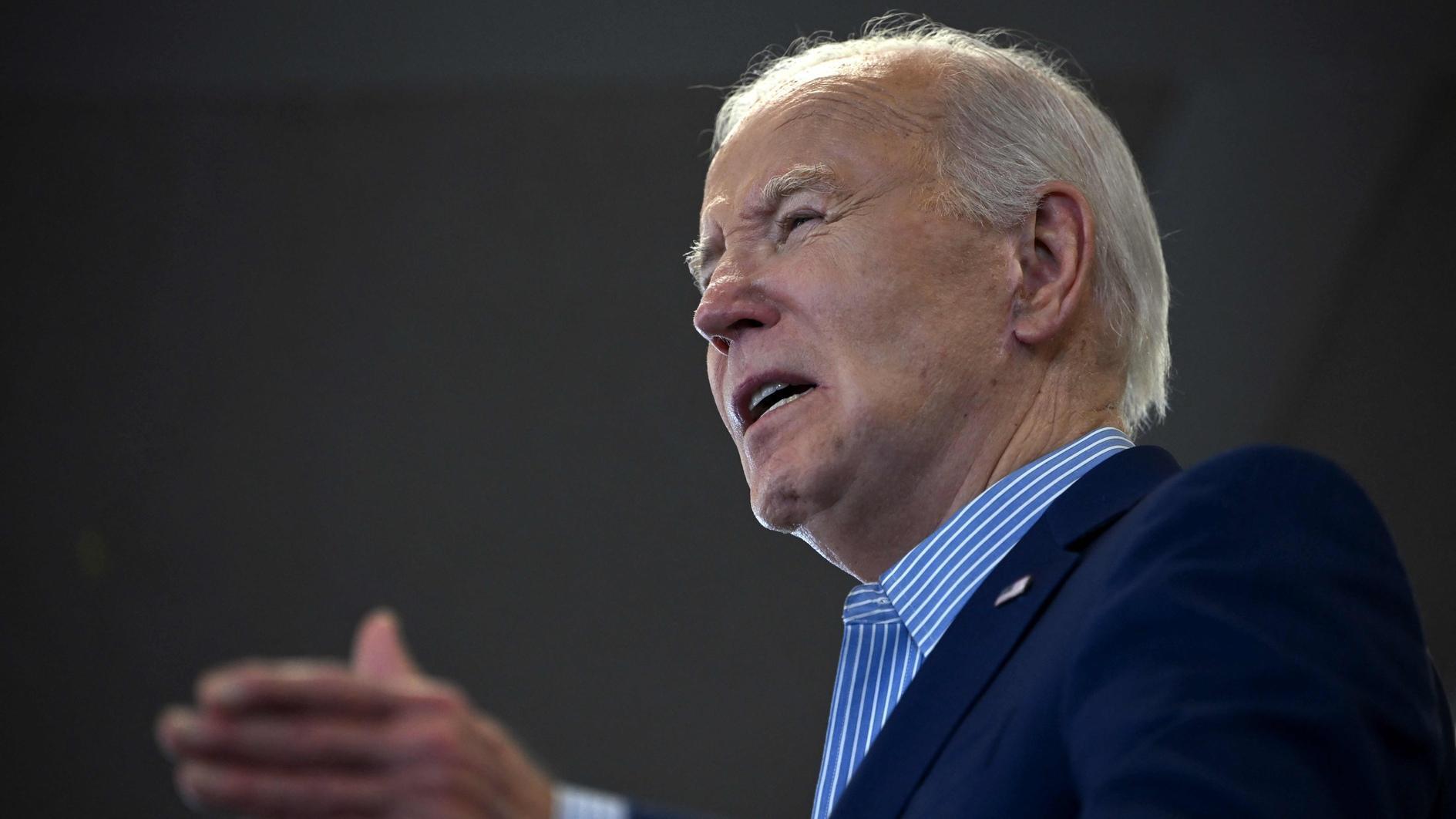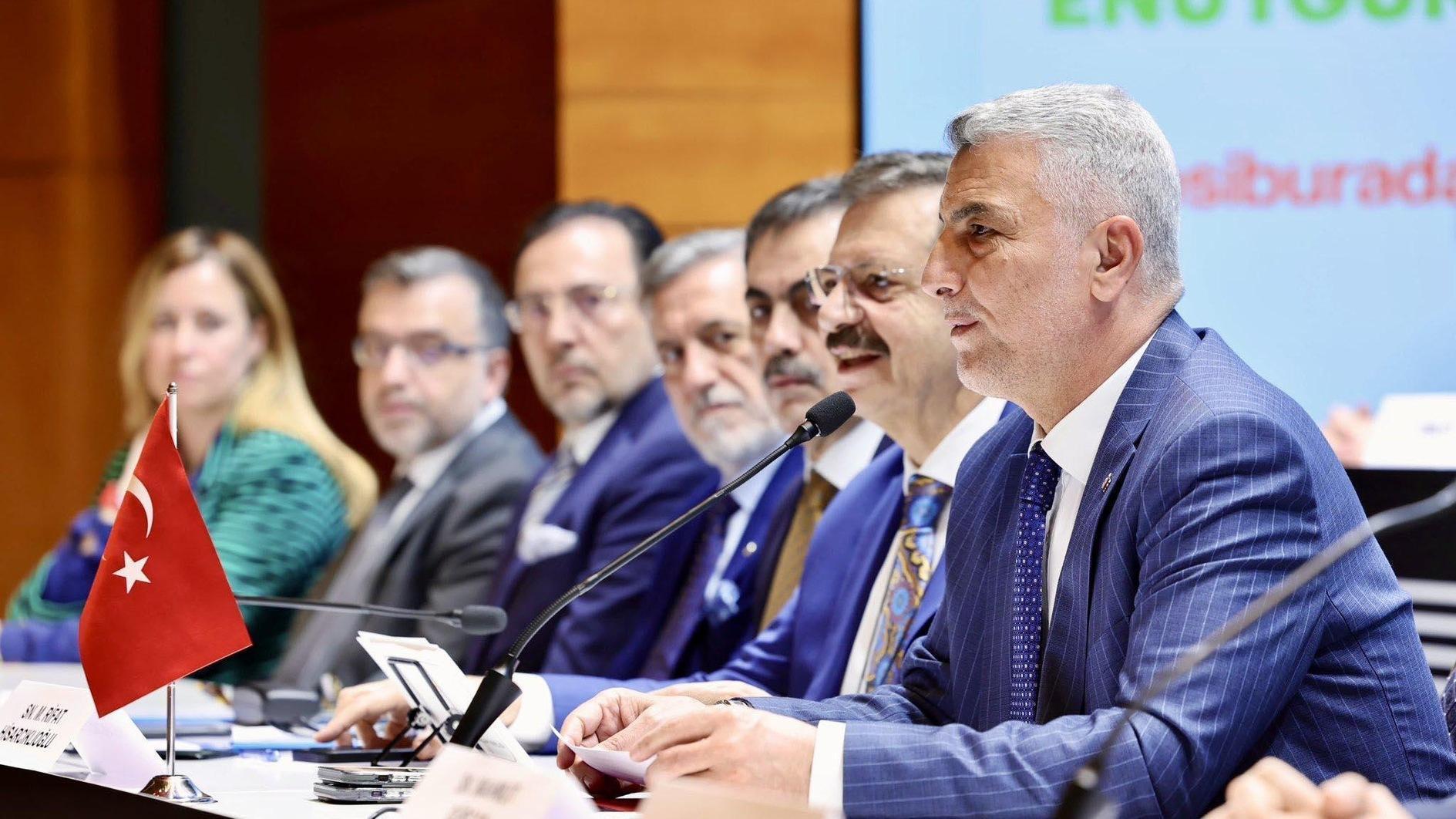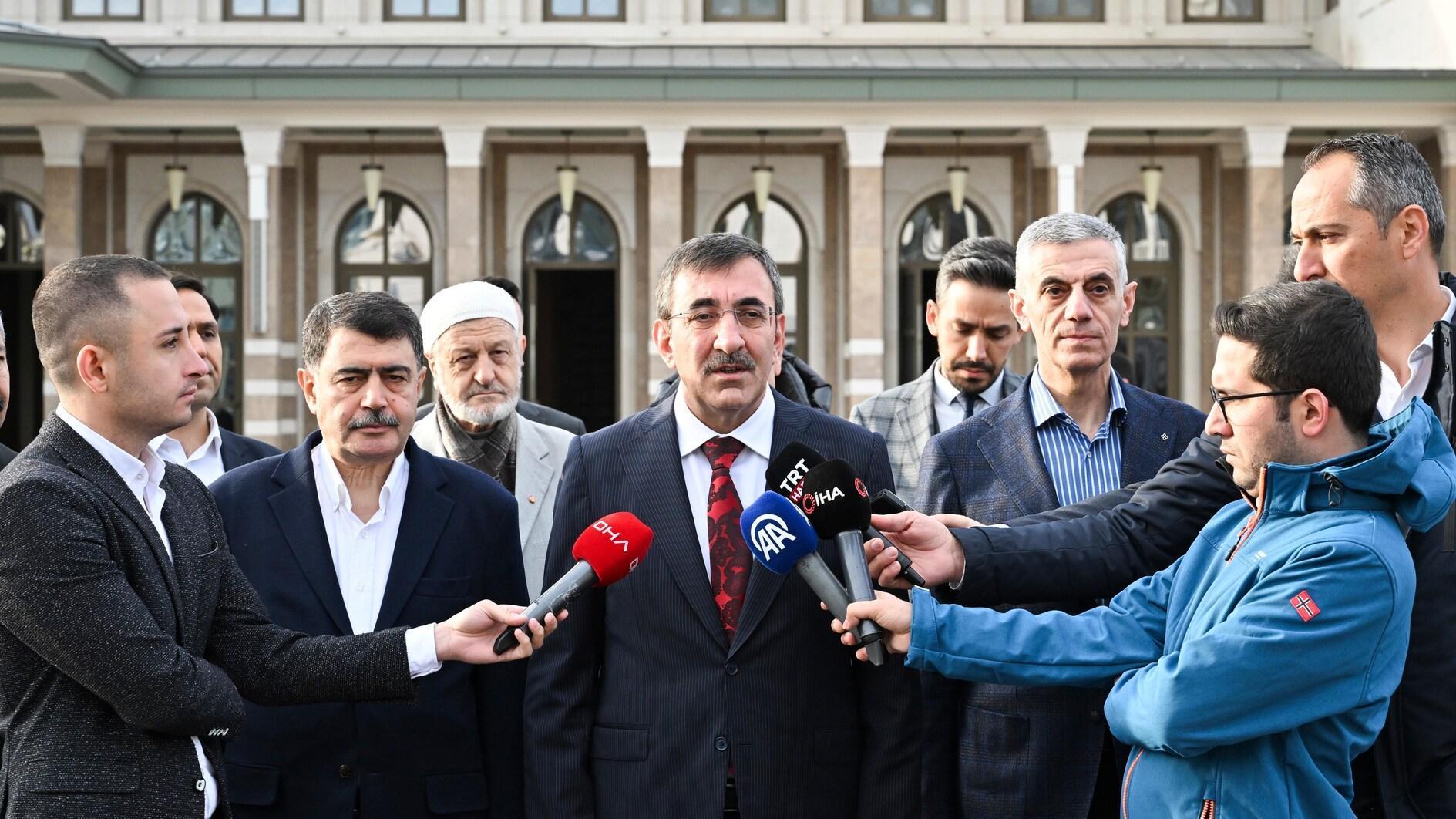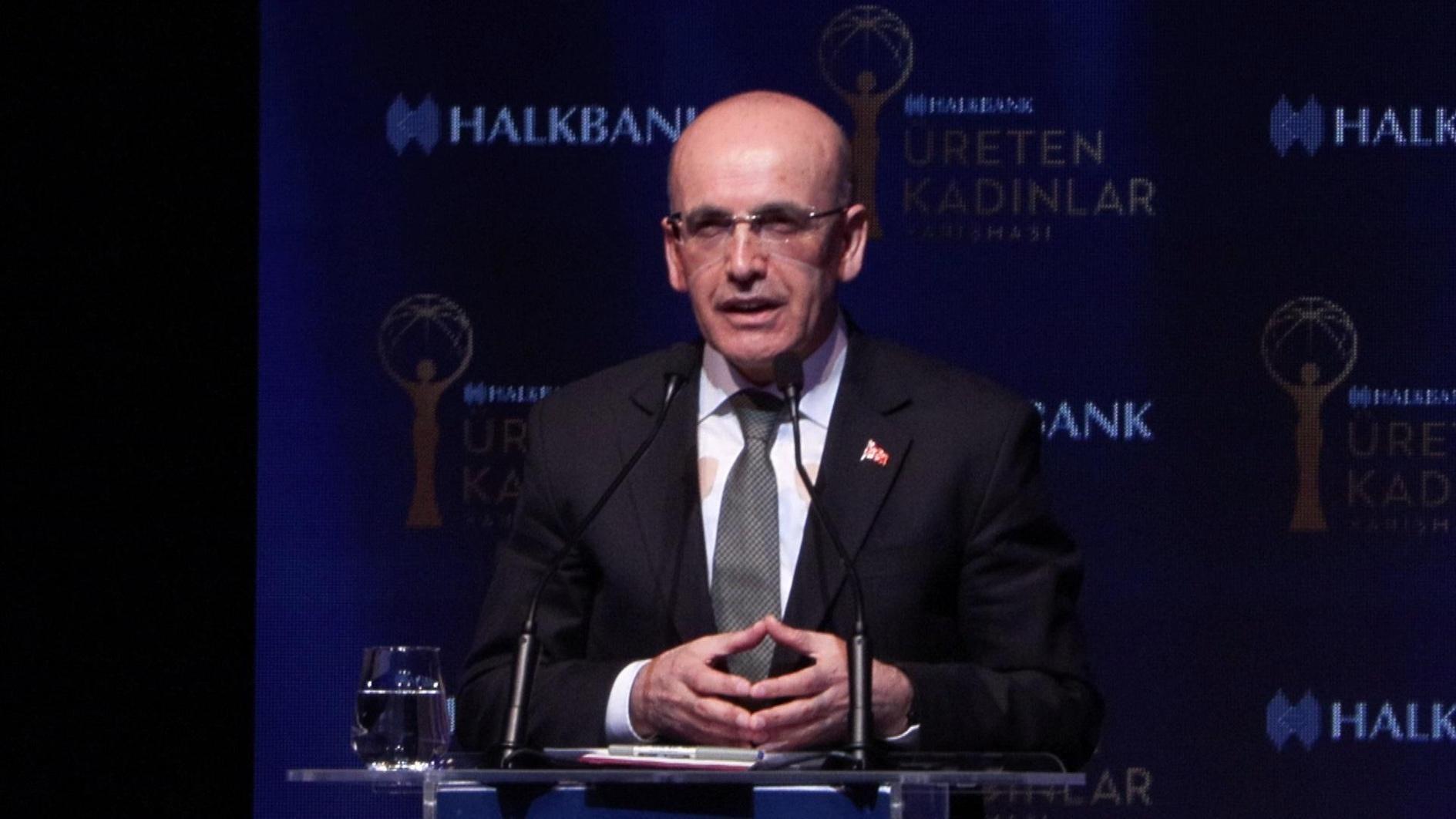Lebanon’s Aoun elected president, ending 29-month vacuum
BEIRUT
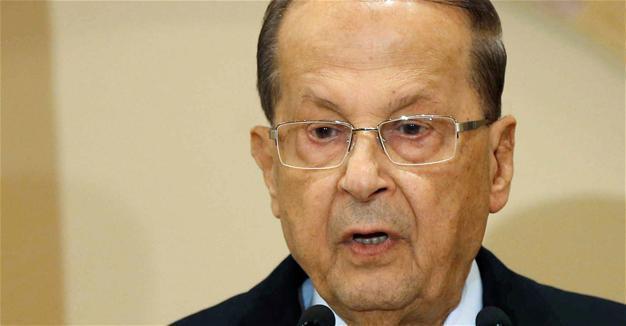 The Lebanese parliament elected former army commander Michel Aoun as president on Oct. 31, ending a 29-month presidential vacuum as part of a political deal that is expected to make Sunni Muslim leader Saad al-Hariri prime minister.
The Lebanese parliament elected former army commander Michel Aoun as president on Oct. 31, ending a 29-month presidential vacuum as part of a political deal that is expected to make Sunni Muslim leader Saad al-Hariri prime minister. Aoun, who is in his 80s, secured the presidency by winning the support of 83 MPs, well above the absolute majority of 65 needed to win, according to a tally of votes read out in a televised broadcast from parliament, Reuters reported.
Fireworks echoed across Beirut as the tally showed Aoun the winner. Aoun, an MP, was shown smiling in his seat. The Lebanese presidency is reserved for a Maronite Christian in the country’s sectarian power-sharing system.
The 81-year-old former army chief had long eyed the presidency, and his candidacy was backed from the beginning by Shiite movement Hezbollah, his ally since a surprise rapprochement in 2006.
But the key to clinching the post was the shock support of two of his greatest rivals: Samir Geagea, leader of the Christian Lebanese Forces, and Sunni former premier Saad Hariri.
Hariri, who Aoun is expected to appoint prime minister, said his endorsement was necessary to “protect Lebanon, protect the [political] system, protect the state and protect the Lebanese people.”
Hariri’s decision to endorse Aoun marked a major political concession reflecting the diminished role of Saudi Arabia in Lebanon, and the decisive influence wielded by the Tehran-backed Hezbollah.
Saudi Arabia had backed Hariri and his allies through years of political struggle with Hezbollah and its allies.
Hariri’s own financial misfortunes have also played a big part in bringing about the breakthrough. His political network in Lebanon was hit by a cash crunch caused by financial troubles at his Saudi-based construction firm, Saudi Oger.
Aoun is due to meet MPs later this week on their preferences for prime minister. He is obliged to designate the candidate with the greatest support among MPs, expected to be Hariri.
But analysts have warned his election will not be a “magic wand” for Lebanon, which has seen longstanding political divisions exacerbated by the war in neighboring Syria and has struggled to deal with an influx of more than a million Syrian refugees.


